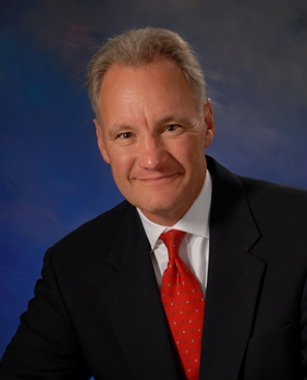Following Jesus 36
As we examine the Twelve Disciples of Jesus, we now begin to view the second group of four. Following Philip and Nathanael is Matthew. How are followers of Jesus today like Matthew? Let’s begin by looking at some facts regarding the disciple Matthew, who was also known as Levi.
There are three biblical accounts of Matthew’s conversion. They are found in Matthew 9:9-13, Mark 2:14-17 and Luke 5:27-32. It is Matthew’s own personal account that we will consider.
As Jesus passed on from there, he saw a man called Matthew sitting at the tax booth, and he said to him, “Follow me.” And he rose and followed him. And as Jesus reclined at table in the house, behold, many tax collectors and sinners came and were reclining with Jesus and his disciples. And when the Pharisees saw this, they said to his disciples, “Why does your teacher eat with tax collectors and sinners?” But when he heard it, he said, “Those who are well have no need of a physician, but those who are sick. Go and learn what this means, ‘I desire mercy, and not sacrifice.’ For I came not to call the righteous, but sinners.” (Matthew 9:9-13 ESV).
How are followers of Jesus today like Matthew? First of all like Matthew, followers of Jesus are individuals who God calls into a covenant relationship in the person and work of Jesus Christ.
“As Jesus passed on from there, he saw a man called Matthew sitting at the tax booth, and he said to him, “Follow me.” And he rose and followed him. (Matthew 9:9 ESV).
Jesus was traveling from his home town of Nazareth (Matthew 9:1-8). As he traveled, he came upon Matthew who happened to be sitting at his tax booth. This is the location where Matthew would collect taxes from travelers.
Jesus immediately spoke to him as said, “Follow Me!” It was not a request, but rather a command. The one who is doing the leading is Jesus. The one following Jesus is Matthew.
Matthew’s response to Jesus’ command was clear and concise. “And he rose and followed him.”
What we witness in this scene is the divine call by God unto a sinner like Matthew. The call or calling is the initial saving act by God. There are two kinds of call or calling.
First, there is the General Call. This comes through the proclamation of the gospel. It is an invitation urging sinners to repent of their sin and accept salvation in Jesus Christ.
Following this there is the Effectual Call. This effective call or invitation always results in salvation. It is the call which ushers men and women into a salvation relationship with God through Jesus Christ.
The efficient cause is God. It results in salvation, every time (I Corinthians 1:9; Romans 8:30; Galatians 1:15; Ephesians 1:17-18; 2 Timothy 1:9). The moving cause is the sovereign will and purpose of God. This means that this effectual call depends upon the sovereign will and good pleasure and purpose of God to save people when, and where He chooses to do so (2 Timothy 1:9).
The instrumental cause is the Word of God (2 Thessalonians 2:14). Sinners are called out of darkness into His marvelous light (I Peter 2:9). Sinners are called out of bondage into liberty (Galatians 5:13). Sinners are called into fellowship with Christ (I Corinthians 1:9).
Sinners are called into peace of mind and conscience (I Corinthians 7:15). Sinners are called out of un-holiness unto holiness (I Thessalonians 4:7; I Peter 1:15). Sinners are called by the grace of God (Galatians 1:6). Sinners are called into a state of happiness and into another kingdom (I Thessalonians 2:12; John 17:22; Colossians 3:4; I Timothy 6:12; I Peter 5:10).

The Alliance of Confessing Evangelicals is member supported and operates only by your faithful support. Thank you.
Reformation Societies is a fraternal of the Alliance of Confessing Evangelicals. It is supported only by its readers and gracious Christians like you. Please prayerfully consider supporting Reformation Societies and the mission of the Alliance.





















